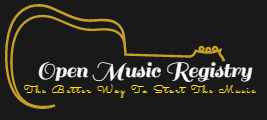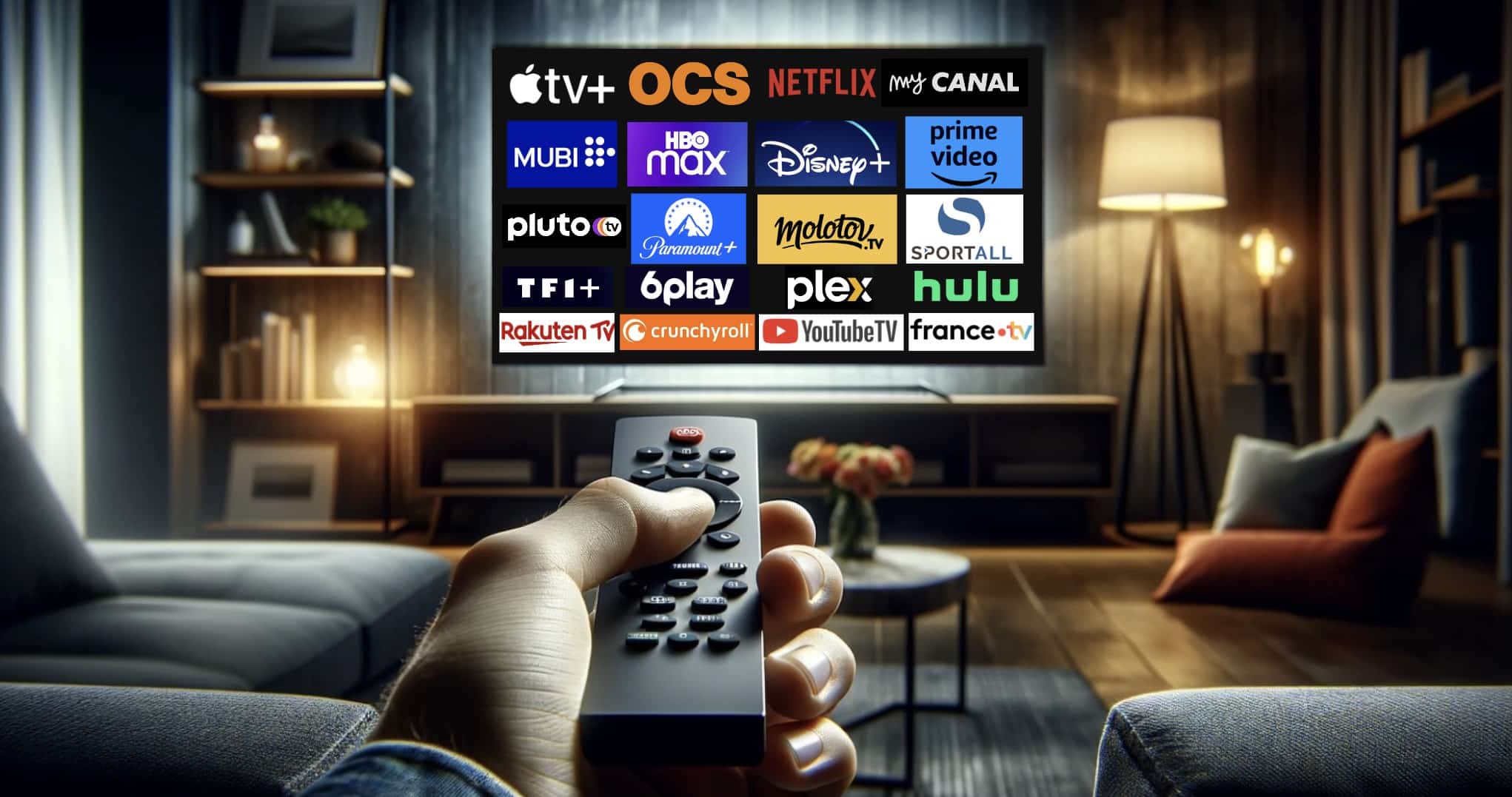Music licencing is one of the main sources of income for musicians who release new music. The process of licencing new music can be challenging and convoluted, and most musicians struggle to succeed in this sector of the music business without some assistance.
But we’re here to dispel any misunderstandings you might have about the entire procedure regarding your licensing work for new music.
Table of Contents
What is a Music License?
A music licence is when a copyright holder (you, the artist), offers permission for the public use of his or her work in exchange for payment in the form of a fixed fee and/or royalties as per an established contract. These licences can occasionally be granted for a set period of time, such as a few months around the holidays, while other times they can be purchased altogether from the copyright owner or issued perpetually.
Types of Music License
Synchronization License (or Sync License)
This is tailored for usage with visual media, such as TV shows, movies, commercials, news segments, video games, and more, and is frequently referred to as a sync licence. How a song will be utilised, where it will be played, how much publicity it will receive, experience, and any additional royalty rates can all affect the licence charge. This licence is also frequently used by musicians who want to create music videos for cover songs of the works of other musicians.
Mechanical License
Used to create tangible copies of songs, most frequently on CDs or soundtracks. Usually only applicable to the music itself, not to any accompanying videos. If you release covers of songs that aren’t in the public domain, this happens a lot.
License for Public Performance
This kind of licence is extremely broad and covers radio, websites, shops, dining establishments, concert halls, nightclubs, and other public areas. Unless you are using a song for commercial purposes, you normally don’t need to bother about getting this permission.
License for Master Recording
Don’t be alarmed if you’ve ever wondered what a master recording licence
 is or why someone would need one. The recipient of a master recording licence, also known as a master usage licence or master licence, is given permission to utilise all or some portions of the original sound recording for their purposes. With compilation albums like “Top 20s,” this is typical.
is or why someone would need one. The recipient of a master recording licence, also known as a master usage licence or master licence, is given permission to utilise all or some portions of the original sound recording for their purposes. With compilation albums like “Top 20s,” this is typical.
Blanket Permit
For a set annual subscription, this licence enables customers to access a selection of songs or the entire library, which might be useful for locations that only need background music, such as a cafe or shopping centre. Instead than creating a licence for each individual track, compiling all the desired songs saves time.
How Do Music Licenses and Copyright Differ?
A music licence is a “lending licence” that allows other people to use your song for a specific amount of time in exchange for a charge. Contrarily, copyrights apply to the song’s actual lyrics and recording. So, even if you can “lend” the song using licencing, the copyright owner, or you, retains ownership of the song’s intellectual property (or your label, depending on your contract).












